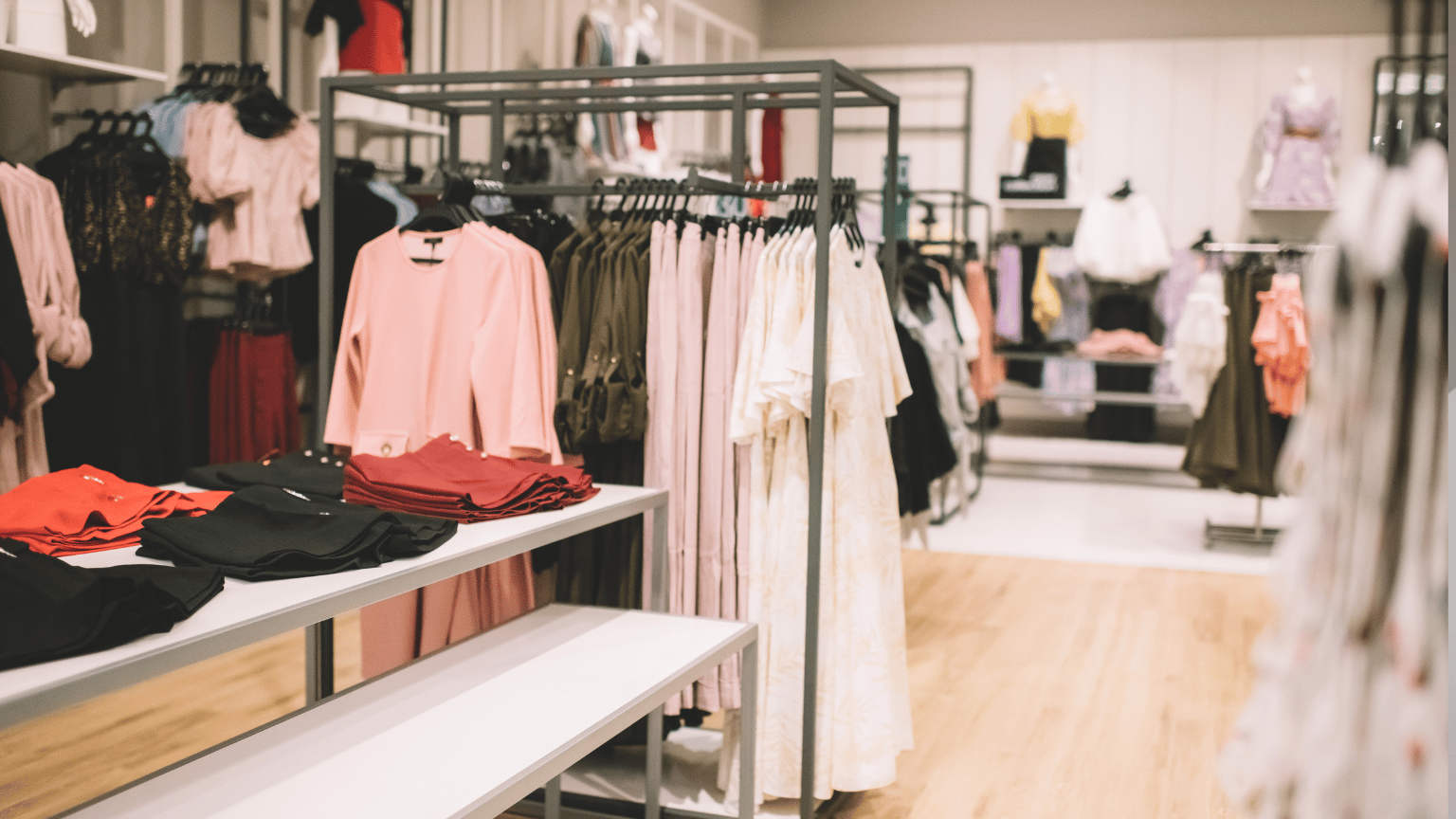Retail is facing a renaissance. Consumer expectations are quickly evolving, so retailers need to be intentional about the experience they deliver to create meaningful differentiation.
Today’s retailers must respond to the pressure to continually deliver memorable moments for consumers.
As consumers make constant choices with the touch of a button, retailers must act to improve the customer experience within the digital and physical environments, at scale, and with operational excellence.
The role of innovation cannot be overlooked as retailers drive to meet the ever-changing habits of shoppers.
In last week’s NRF ‘Big Show’ session, Toshiba Global Commerce Solutions’ VP of Marketing & Communications, Fredrik Carlegren and Senior Vice President, Yevgeni Tsirulnik joined Kevin O’Riordan – Head of Physical Retail and Supply Chain Engineering for Wayfair to discuss how ‘brick & mortar’ stores are deploying technology with intention to bring great consumer experiences to life.
The discussion explored how cutting-edge, unified commerce platform technologies are accelerating the digital transformation to deliver fully connected and adaptable innovative retail experiences.
Carlegren from Toshiba started by referring to recent data that 82% retailers considered themselves ‘at least on par’ or ‘behind’ their competitors in innovation.
O’Riordan from Wayfair said the bulk of innovation happens in very small steps. “At Wayfair, we thank about how we can make things a little better every day. We make incremental change and constantly look at new ways to improve systems, efficiencies and customer experiences.”
Tsirulnik said, “while it may seem daunting, don’t confuse innovation with invention” Innovation is about taking constant iterations, constantly moving forward. A catalyst can force innovation, such as the pandemic”.
O’Riordan advised, “before retailers can innovate, they need to get the fundamentals right first. Simply, you can run before you walk. Get the basics right, initially go slow, test, before ramping up and innovating”.
Tsirulnik warned retailers were facing the ‘perfect storm’ – higher inflation, increasing costs of living, potential recession in the US, increasing global competition. Shoppers can shop anywhere, anytime, with anyone. It is incumbent to innovate they way they do business, engage with team and create positive shopper experiences. Failure to do so, can only lead to commercial failure.”
Carlegren reported that only 28% of retailers ‘agree they had a process and plan for innovation’; just 22% ‘rewarded risk taking’; and less 26% ‘believed they could ‘pivot’, to deal with a new disruption.
“These numbers are concerning. They indicate despite the disruption of a global pandemic, than impacted retailers around the world, almost three quarters aren’t primed to innovate and don’t reward risk taking.”
O’Riordan suggested ‘reckless experimentation is the key’. The status quo is no longer acceptable.
The pandemic forced retailers to look at different ways to do business. The pandemic has provided impetus, learnings and has given retailers licence to push the boundaries. Yet, few are doing this well.
“It’s okay to fail but fail fast. Have a framework that informs innovation teams when this innovation is failing, Then, ‘shut down’ the project before it costs the business”.
Tsirulnik suggested approaching innovation through technology. “Understand the problem you are trying to solve? Is it a loss prevention issue, inventory, customer service or productivity? Once this is defined, look at what technology that can provide the solution”.
Tsirulnik indicated they had ‘decoupled innovation’ at Toshiba.
“We have technology under development now. Some are clearly badged as ‘ready now’, ‘not ready now’ or ‘this hasn’t gone to market, yet’. We have proof of concept technology we have placed with retail partners to test. Once we can see evidence the technology provides an innovative solution to the problem, then and only then, we roll out”.
Tsirulnik suggest the future store experience will be underpinned by artificial intelligence, machine learning, augmented and virtual reality, blockchain ad robotics technology.
He further added, “the challenge of any innovative technology is how team members will interact with it. They don’t want to go into training – they want it to be intuitive, and that creates another level of complexity.”





















